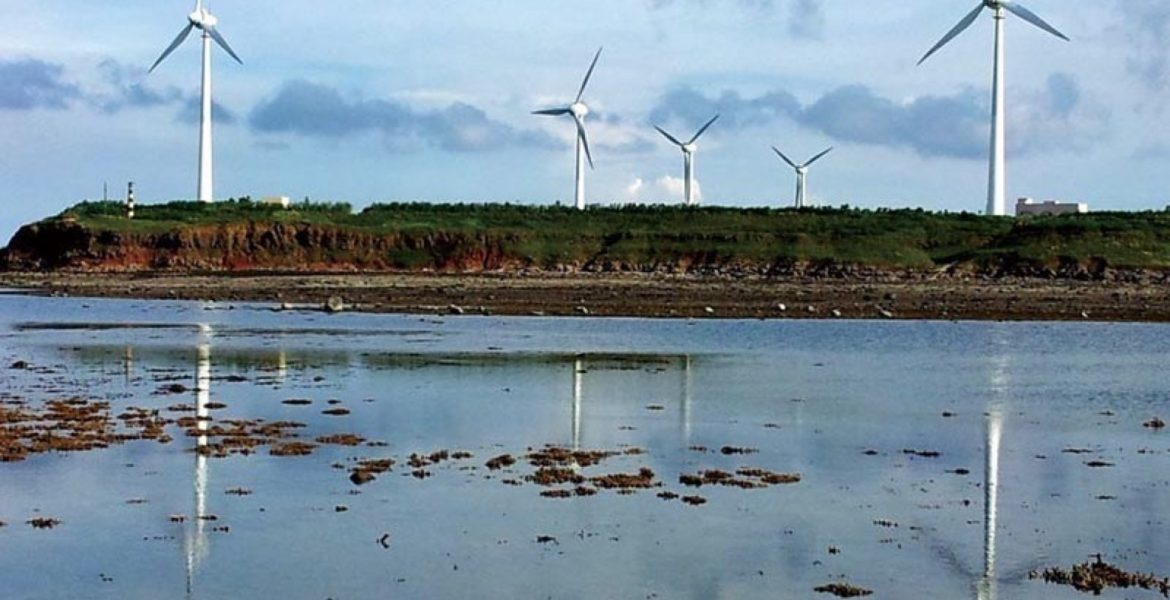Since 2018, the EU has pursued a “Connectivity Strategy” with Asia, seeking to strengthen its connection with the region and promote cooperation in areas including transport, digital economy, energy, and human networks, write Andrey Kovatchev and Ming-Yen Tsai.
In January of this year, the European Parliament also passed a report on “Connectivity and EU-Asia relations” which highlights the need for connectivity between the EU and Asian countries.
Notably, the report specifically highlights cooperation with Taiwan. Indeed, Taiwan and the EU already share core values such as democracy, freedom, and the rule of law, and have together developed close exchanges in economic and investment areas. This should make Taiwan a primary and important partner for the EU’s “Connectivity Strategy.”
The European Commission President Ursula von der Leyen has, on several occasions, stressed the urgency for the EU of achieving the twin policy goals of the “European Green Deal” and the “Digital Transformation”. Likewise, Taiwan is now promoting the “Six Core Strategic Industries”, including green energy, digital technology, and precision health technology. Focusing on the importance of “Taiwan-EU Connectivity,” Taiwan’s President Tsai Ing-wen stated that within these targeted key sectors, Taiwan has nurtured dynamic industrial clusters to allow domestic and foreign firms to collaborate and innovate more effectively. With the new deployment of these industries, Taiwan intends to grasp the opportunities offered by the restructuring of global supply chains in the post-pandemic era.
Taiwan and the EU share overlapping developmental goals, which could pave the way to matching up the industrial strategies of both sides to build together resilient, diversified, and reliable global supply chains. More investment and cooperation prospects could also be explored in areas such as semiconductors, biotechnology and medical care, precision machinery, green energy, and offshore wind power.
In terms of innovative electronics, Taiwan, through investment by its electronics industry in Europe, has the chance to acquire local technical talent and knowledge, and pursue long-term development and a policy of localization. In the post-pandemic era, operating systems using local manufacturing will be key to further strengthening the stability and security of supply chains. This is thus a perfect opportunity for Taiwanese companies to increase their investments in Europe.
As for precision machinery, by combining high-end European technology, Taiwan’s optimization capabilities, and Asia’s huge market, there is great potential to effectively reduce costs and increase efficiency for both sides.
Regarding green energy, Taiwan has valuable experience in offshore wind power farm construction. Over the past few years, Taiwan and the EU have worked closely in the areas of green energy and wind power construction, as Taiwan pursues its goal of a “2025 Nuclear-free Homeland.” Successful collaboration between Taiwan and the EU could, in the future, be expanded to the offshore wind power markets of other Asian countries. Indeed, Japan and South Korea have already expressed their interest in this sort of cooperation model.
Since the beginning of 2019, and through the course of the COVID-19 pandemic, the EU has learned that securing supply chains is a key part of realizing “open strategic autonomy”. Today, it is a common challenge for every government to help repair the economic damage caused by the coronavirus in the post-pandemic era.
Regarding semiconductors, the EU’s advantage lies in its advanced equipment and materials, while Taiwan’s strength focuses on its manufacturing prowess and comprehensive industrial chain. In this sector, both parties can develop opportunities for collaboration through R&D innovation, cooperative investment, and an increased use of complementary talents. So far this year, Taiwanese investments in the EU’s semiconductor industry have already exceeded 4.35 billion euros—the largest amount ever for a single year.
In the field of biotechnology and medical care, looking forward, Taiwan and the EU can seek to work together in R&D, product development, clinical trials, and medical equipment. In addition, Taiwan has established a comprehensive big data database in its health insurance system, which has the potential to produce tremendous value through joint analysis and research.
Taiwan’s economic growth rate was over 3% last year due to its success in containing COVID-19. Moreover, it is predicted that Taiwan will perform even better economically this year. Taiwan’s quick responses to both the shortage of protective facial masks in 2020 and automotive chips in 2021 are perfect examples of Taiwan’s important and reliable role in the global supply chain. In a way, Taiwan is like an auto chip or a mask, small yet essential.
This is a critical moment for Taiwan and the EU to implement strategic industrial convergence and enhance supply chain cooperation under the framework of the EU-Asia Connectivity Strategy. If both sides work together and seize this unprecedented opportunity, a win-win situation could truly be created.
The authors are Bulgarian EPP MEP, Andrey Kovatchev and Ming-Yen Tsai, Taiwan’s Representative to the EU and Belgium




